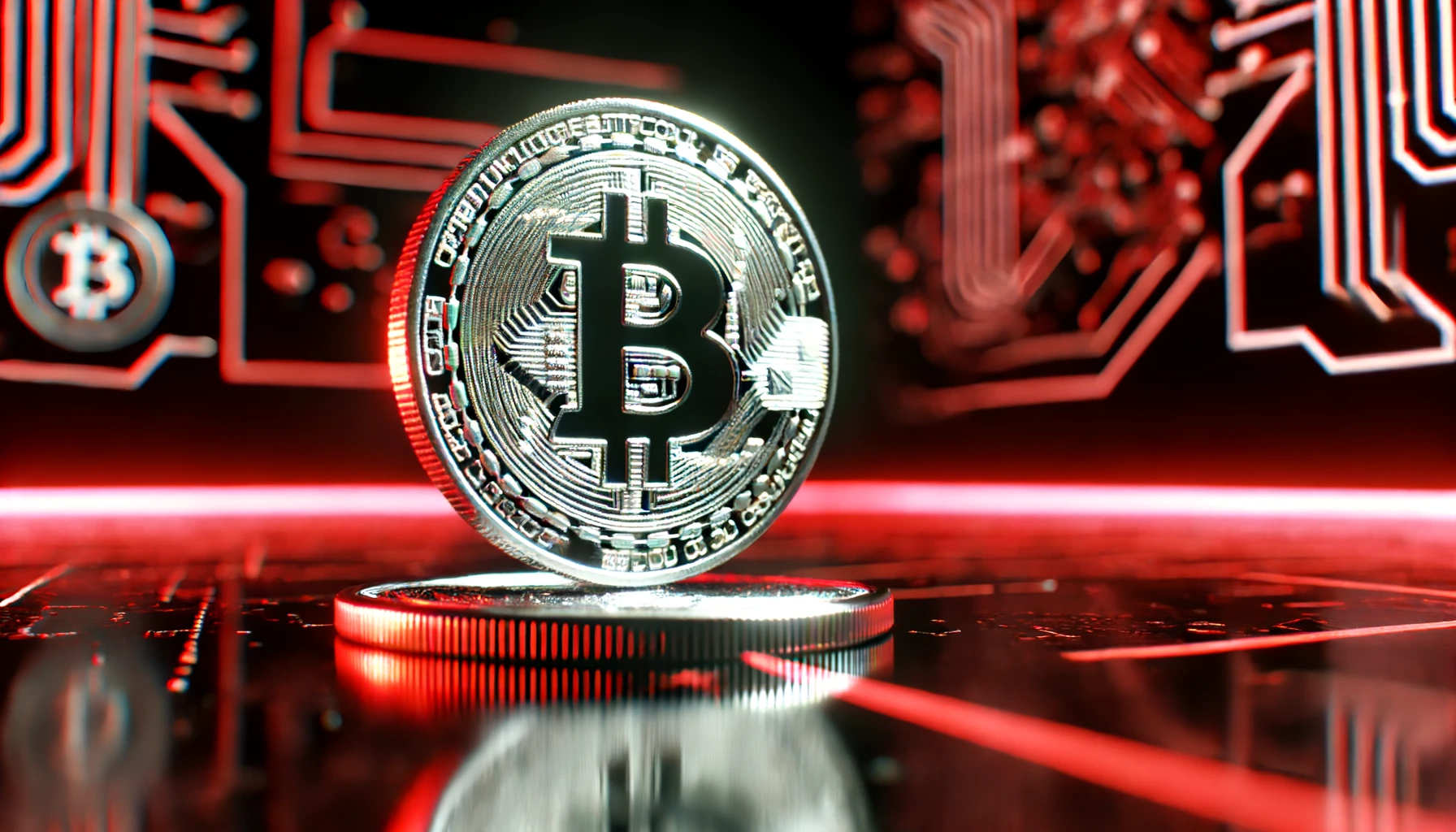Non-Fungible Tokens (NFTs) are transforming the concept of ownership in the digital age. This article explores the rise of NFTs, their unique characteristics, and their impact on various industries, including art, gaming, and real estate.
Points
- NFTs represent unique digital assets with ownership recorded on a blockchain.
- They offer verifiable ownership and authenticity for digital and physical assets.
- NFTs are revolutionizing industries such as art, gaming, and real estate.
- Challenges and future prospects for NFTs in the digital economy.
Non-Fungible Tokens (NFTs) have emerged as a groundbreaking development in the digital economy, revolutionizing the way ownership and authenticity are established for digital and physical assets. NFTs leverage blockchain technology to create unique, verifiable digital assets that can be bought, sold, and traded.
Unique Characteristics of NFTs: Unlike traditional cryptocurrencies, which are fungible and interchangeable, NFTs are unique digital assets that cannot be replicated. Each NFT has a distinct value and ownership record, which is securely stored on a blockchain. This ensures that the ownership and authenticity of the asset can be easily verified.
Impact on Art and Collectibles: One of the most significant impacts of NFTs has been in the art world. Artists can now tokenize their digital creations, offering buyers verifiable ownership of original artworks. This has opened up new revenue streams for artists and created a vibrant market for digital art and collectibles. Platforms like OpenSea and Rarible have become popular marketplaces for buying and selling NFTs.
Gaming and Virtual Worlds: NFTs are also making waves in the gaming industry. In-game assets, such as characters, skins, and virtual real estate, can be tokenized as NFTs, giving players true ownership of their digital possessions. This has led to the development of play-to-earn models, where players can earn real-world value through their in-game activities. Virtual worlds like Decentraland and The Sandbox are at the forefront of this innovation.
Real Estate and Beyond: The potential of NFTs extends beyond digital assets to physical ones as well. Real estate can be tokenized, allowing for fractional ownership and easier transfer of property rights. This could revolutionize the real estate market by making property investment more accessible and liquid.
Challenges and Future Prospects: Despite the exciting potential of NFTs, there are challenges to overcome. Regulatory uncertainty, environmental concerns related to blockchain energy consumption, and the need for greater security measures are some of the issues that need addressing. However, the continued innovation and adoption of NFTs suggest a promising future for this technology.
In conclusion, Non-Fungible Tokens (NFTs) are transforming the concept of ownership in the digital age. By offering verifiable ownership and authenticity for a wide range of assets, NFTs are revolutionizing industries such as art, gaming, and real estate. As the technology continues to evolve, NFTs are poised to play a significant role in the digital economy.
解説
- Non-Fungible Tokens (NFTs): Unique digital assets that represent ownership or proof of authenticity of a specific item, often used for digital art, collectibles, and in-game assets.
- Tokenization: The process of converting rights to an asset into a digital token on a blockchain.
- Play-to-Earn Models: Gaming models where players earn cryptocurrency or other rewards for participating in the game, providing an incentive to play and engage with the game.
- Fractional Ownership: The division of an asset into smaller portions, allowing multiple people to own a share of the asset.
